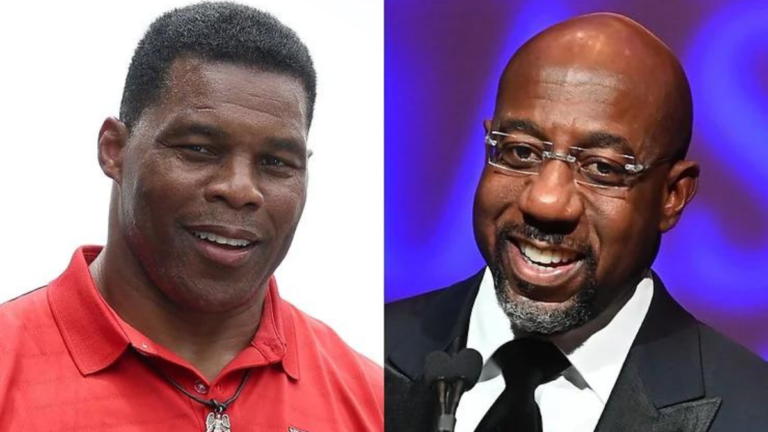
by Dr. Julianne Malveaux
According to pollsters, Democrats were in for a “drubbing” or “shellacking” similar to the one President Barack Obama experienced in 2010, when Democrats lost 63 Congressional seats and 6 Senate seats. Democrats, on the other hand, appear to have gained one Senate seat, and the Georgia runoff may increase the number to two. There was no “wave,” not even a single red puddle.
Democrats fared reasonably well despite President Bide’s low approval numbers and the uncertain economic climate. The partisan make-up of the House of Representatives is still up in the air as of this writing, but even if Republicans win the House, they will retain it by a slim margin. A blow to the African American community will undoubtedly result from Republican control of Congress, as several important committees are led by Congressional Black Caucus members, including Reps. Bobby Scott (VA) for education, Maxine Waters (CA) for banking and finance, and Bennie Thompson (MS) for homeland security, among others.
The midterm elections in 2022 will serve as a reminder that pollsters spew nonsense and raise questions about the very nature of polling. It makes me wonder if the corporate media works with pollsters to keep the status quo in place. Pollsters take to the airwaves, predicting a red wave, among other things. Is it more likely to encourage people to stay at home or to go out and vote? What effect does the drip drip drip of negative polls have on the electorate when it is reported as “breaking news” almost every hour on the hour?
Who are these pollsters talking to in the first place? How many people are there? What age group? What methodology are you using? Are they conducting online polls? Are they sampling Black people correctly? Are they still using landline phones (which many people do not have)? The polling methodology is riddled with potential errors, which the voters highlighted. There was no red wave, only a red puddle. The entire polling process needs to be re-examined.
The Democratic Party must also be scrutinised. It is based on African Americans, but it is skilled at ignoring Black people when allocating resources. Organizations such as the National Coalition for Black Civic Participation, Black Voters Matter, and other independent organisations provide the Democratic Party with less support than they should. Furthermore, Democratic apathy or a late focus on Black candidates influenced the outcome of the midterm elections.
Cheri Beasley, North Carolina’s senatorial candidate, came within 3% of winning the election. Beasley received some Democratic Party backing, but it was too late. Mandela Barnes came within 30,000 votes of winning in Wisconsin, but a low turnout in heavily Black Milwaukee condemned Barnes to defeat. Could the Democratic Party have supported a ground campaign in Milwaukee? Did Mandela Barnes give enough thought to his natural foundation? It’s easy to pontificate about the midterm elections on Monday morning. Making the Democratic Party more responsive to Black people is a more difficult process.
Many of us received tens of emails per day from Democrats requesting funds. It was always urgent, with the promise of a two, three, or four times match. How much money goes to candidates, and how much to pollsters and campaign consultants? How many of these consultants work for the Democratic Party rather than the candidate? I prefer to donate directly to candidate websites and to independent voter participation activities, particularly those targeting Black voters.
Neither the Democrats nor the Republicans have a majority of the vote. Independent voters are unwilling to declare party affiliation and are frequently willing to split tickets based on their assessments of individual candidates rather than party affiliation. This growing independence, particularly among younger voters, presents a challenge to both parties. Both Democrats and Republicans are experiencing intra-party conflict, which, combined with gerrymandering, has resulted in some Democratic losses in traditionally Democratic New York. Puritans claim that they will not vote for flawed candidates unless they get their way. They must consider what happens if they do not vote at all.
The midterm elections in 2022 will be debated until 2024. However, I hope the elections in 2022 taught us something. The Democratic Party needs to invest in its African American constituency. And we must all ignore the pollsters.
Dr. Julianne Malveaux is an economist, author, and the Dean of Cal State LA’s College of Ethnic Studies.